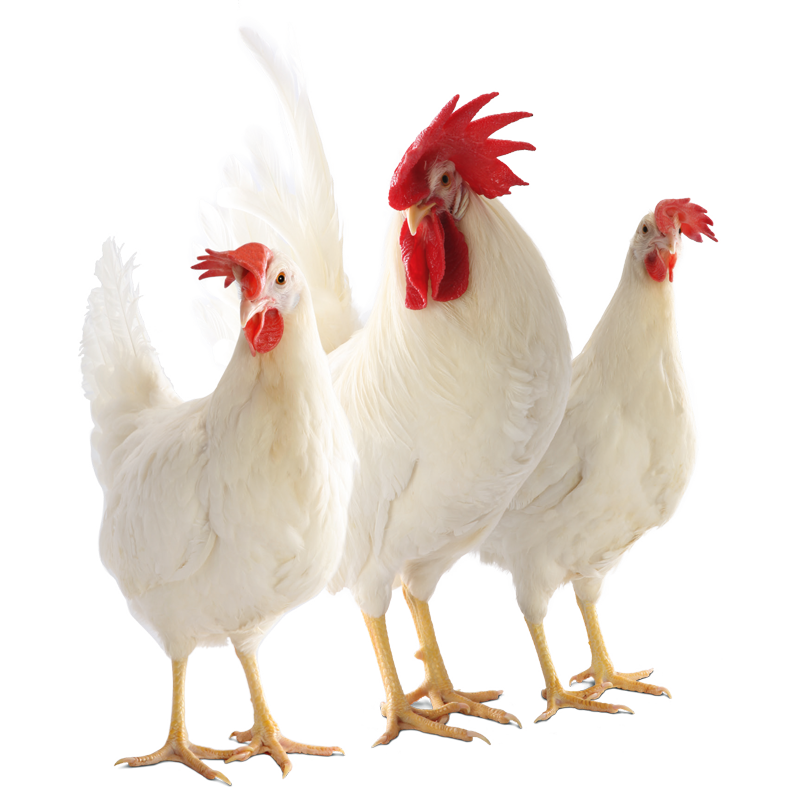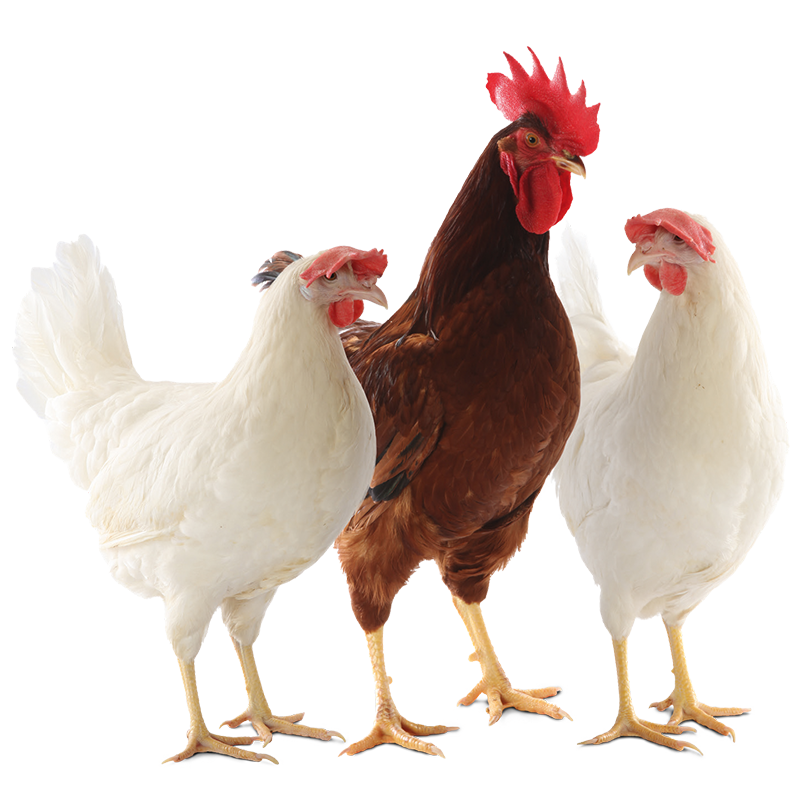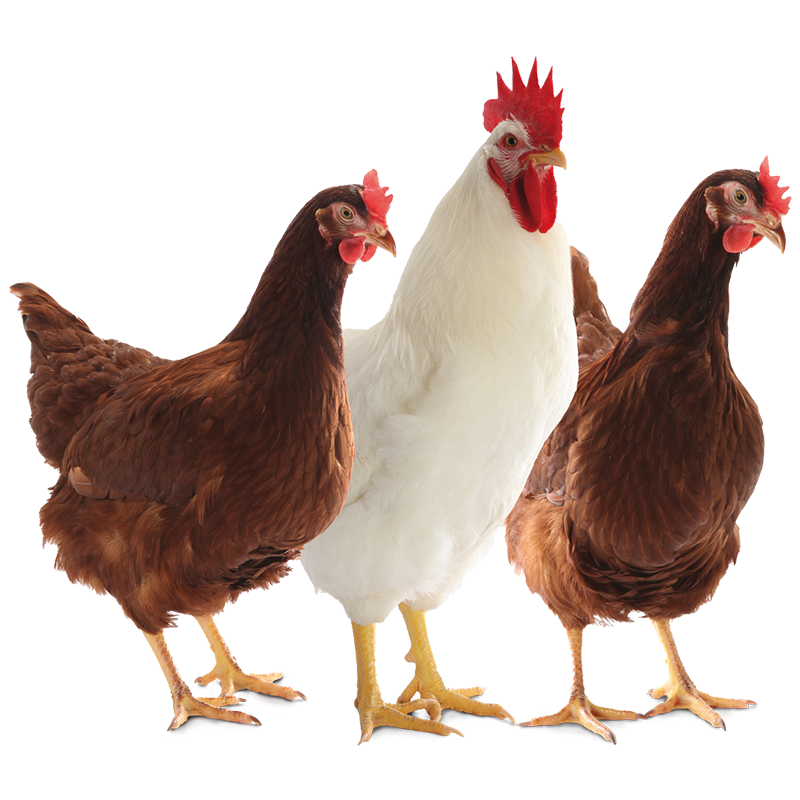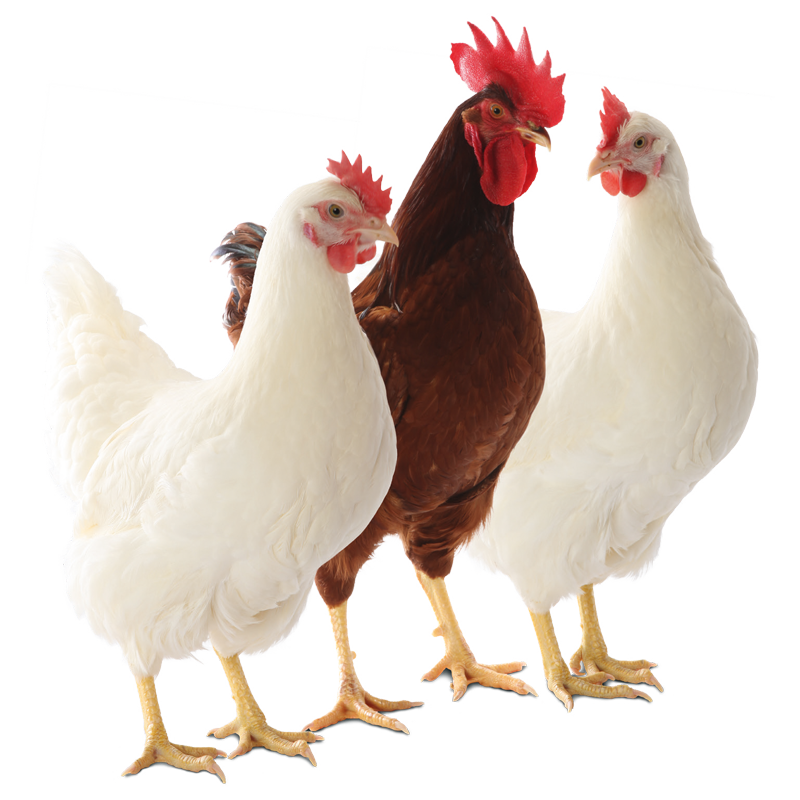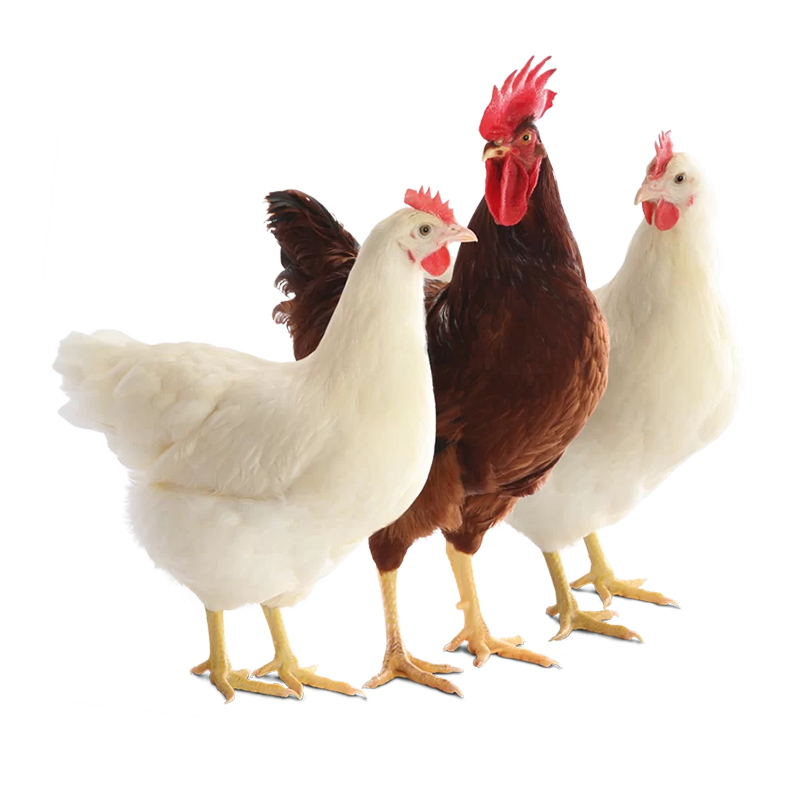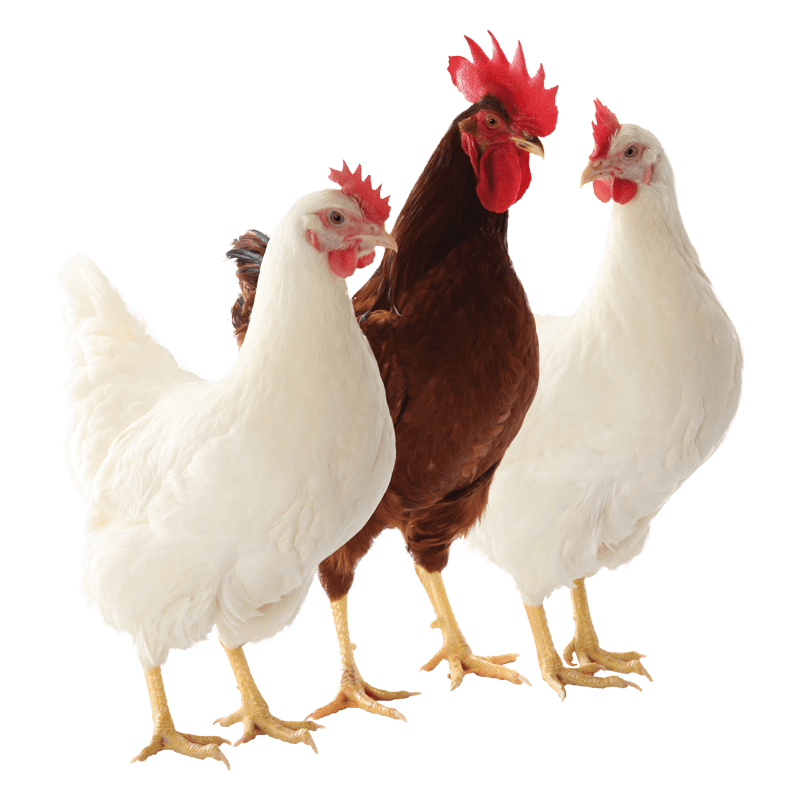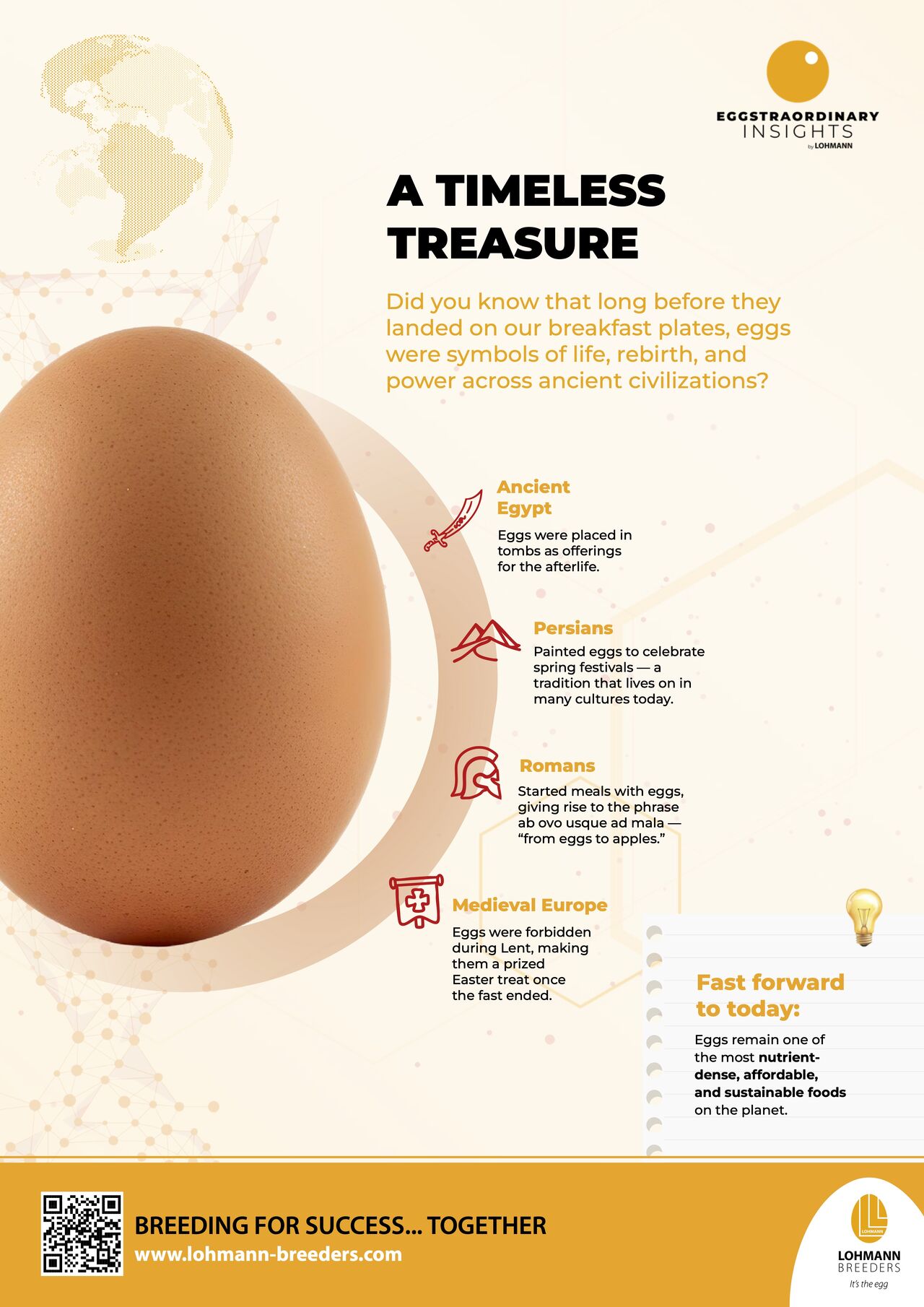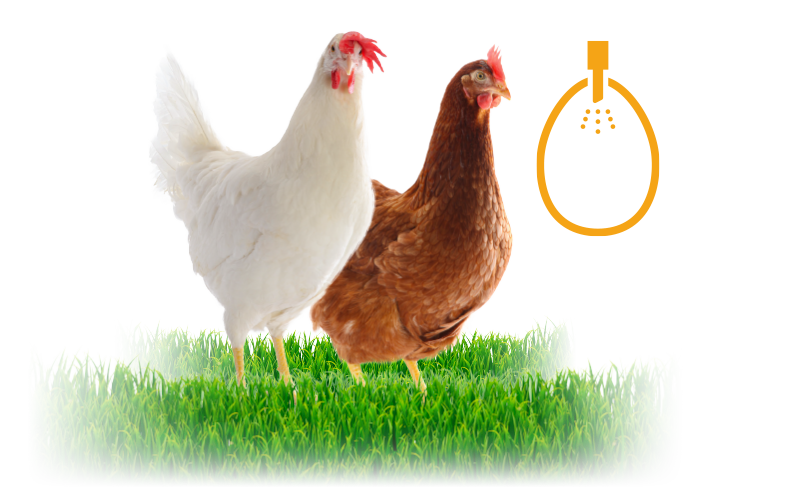The China International Animal Husbandry Expo (CAHE) is usually held in different cities every year. This year’s largest livestock show in Asia took place in the Chinese city of Shengyang from May 18th – 20th. LOHMANN TIERZUCHT was represented by Messrs. Zhongfeng Qiao and Chien Ming Wu both in charge for sales and service in the fast Chinese layer market. This grand expo is by far the most perfect platform for all of LOHMANN’s Chinese customers to interact with each other on the latest market information and techniques.
A Highly Successful Exhibition
In 2016, CAHE attracted a total of almost 162,000 visitors and 1,200 exhibitors from nearly 40 countries. The size of the exhibition reached a new record with a perimeter of 120,000 square meters. Several embassies and international organizations setup their national pavilions in CAHE, including the several EU countries, Canada and the USA. Nearly 150 internationally wellknown companies from the USA, Germany, Australia, South Korea, Japan, Israel and Turkey also took part in CAHE bringing it all to an international participation of more than 20 %.Chinese Layer Market – Structure
Before 1978 table egg production on a professional scale was insignificant in China, most eggs were produced in small sized backyard farms, with eggs always in a short supply. Since then the country reformed and opened up. The egg industry developed rapidly and since 1984 China has surpassed the USA to become the world largest egg producer. In 1988 production was more than 20 million tons (40 % of the global egg production) and showed as steady annual growth to reach more than 400 billion eggs (26 million tons) nowadays.Due to the numerous import bans, China suffered from a huge supply gap for breeding stock in 2015. LOHMANN was able to be one of the first to supply GPS to their customers from early 2016 onwards. LOHMANN‘s total market share in China is about 30 %. The remaining market shares are divided HyLine, ISAHendrix and some local breeding companies. The total annual quantity for the imported of layer GPs into the Chinese market stands at about 200,000 chicks. Each year more than 12 million parent stock dayoldchicks are placed in order to produce the required quantity of nearly 1 billion commercial layers. The distribution table eggs in the Chinese market is as follows: consumers in the south prefer creamcoloured mediumsized eggs which represents 30 % of the domestic production, people in the north and east coast areas prefer largesized brown eggs (65 %) and a few white eggs (5 %) are also sold as branded table eggs and/or vaccine eggs. LOHMANN is represented in all 3 sements with the LOHMANN BROWN, LOHMANN SANDY and LSL brands.
Chinese Layer Market – Development
Since several years several large sized modern operations have been erected with stateoftheart equipment. Some huge projects vary in size between 1 million birds up to more than 3 million layers at a single location. More than 80 % of the production is concentrated in 10 areas near to the main urban hubs predominantly along the east coast, in the north and around the metropoles in central provinces.In recent years China observes a rising awareness of environmental protection forcing the layer industry to make substantial financial investments in order to comply with more stringent regulations. Fortunately, China shows a stable economic development to support the required efforts. Other challenges the industry has to cope with are: health issues (endemic HPAI), highly fluctuating egg revenues for the producers, changing consumer patterns and rising feed costs. Some economic data: egg revenues (farm gate): 1.52.0 €/kg eggs, 4050 €ct/layer chick, 350400 € per ton of feed.
In 2016, a number of largescale layer companies joined the National Equities Exchange and Quotations (Chinese Stockmarket NEEQ) in order to attract capital for more investments. As a result, an insurance system could be setup for the respective owners and consumers of layer business operations. The layer market of China is expected to further develop and change within this decade.
Jimmy Wu
